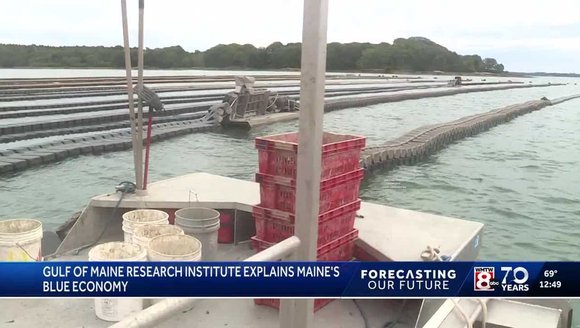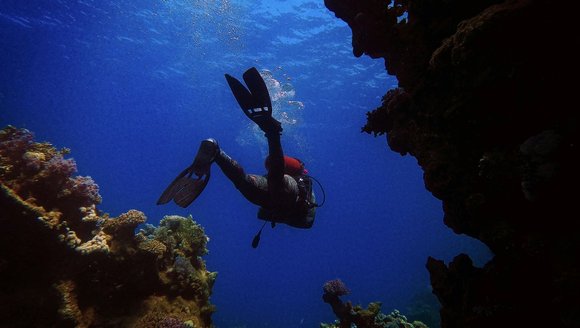Demystifying the Blue Economy
Perspectives | Nov 13, 2025
The blue economy is a hot topic these days, but the meaning behind the term isn't always clear. In this blog, we break down what the blue economy means to us here in the Gulf of Maine.
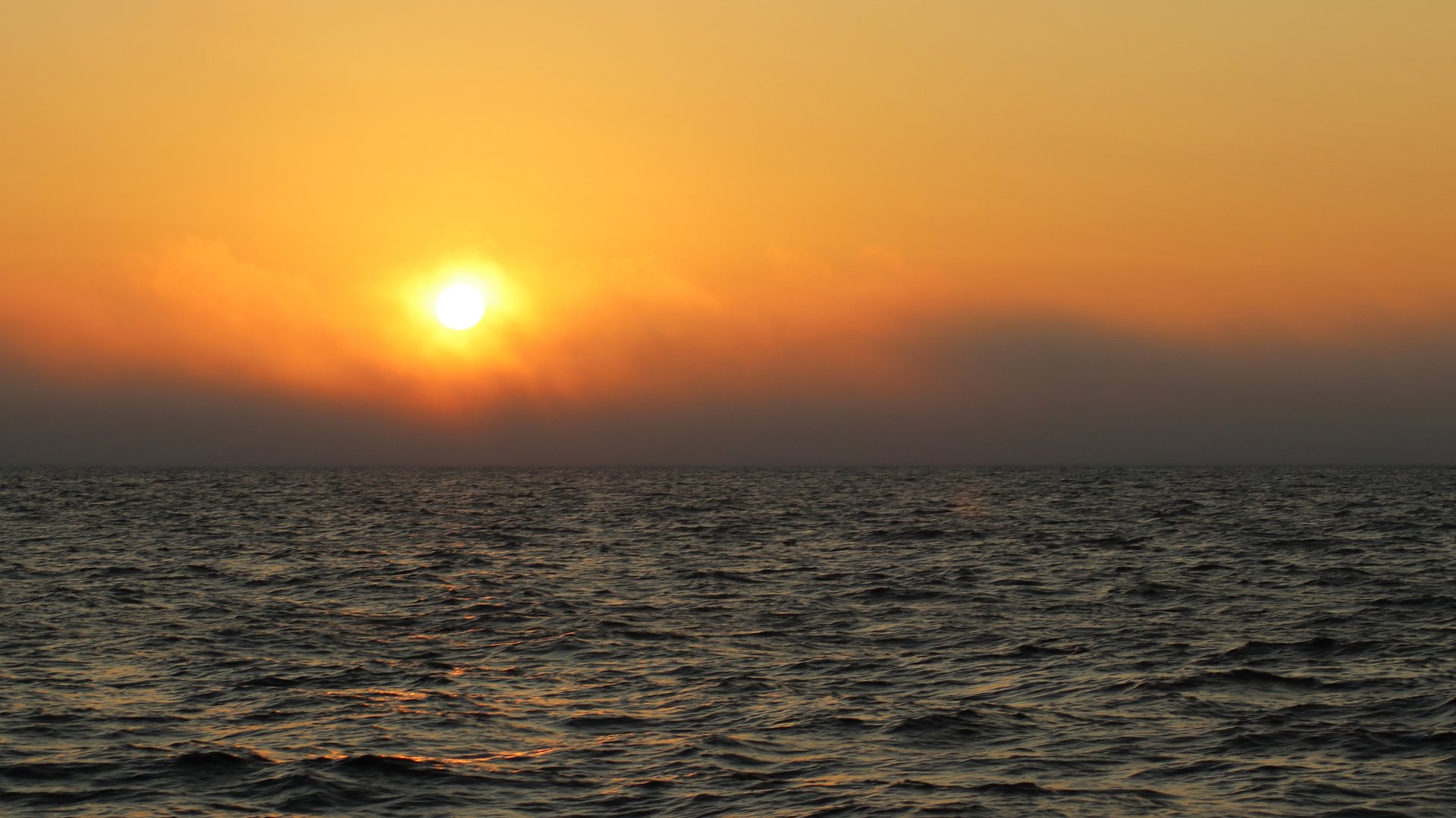
The term blue economy has become a fixture in conversations about the future of our oceans — appearing in policy discussions, research initiatives, and business strategies alike. But ask ten people what it means, and you’re likely to hear ten different answers.
At its core, the idea behind the blue economy is simple: we can sustain our ocean-based economy in ways that keep the ocean healthy and support the people who depend on it.
The Evolution of the Term
The term originated in the early nineties, but gained prominence when large ocean states began calling for a new approach to ocean development. They wanted economic growth that didn’t come at the expense of the ocean itself — an economy that recognized clean water, healthy fisheries, and thriving coastal ecosystems as the foundation for long-term wellbeing.
Over time, public- and private-sector leaders alike have begun to use the term more expansively in reference to all or nearly all offshore activities, including transport, renewable energy, waste management, and mining-type activities. That broad use has blurred its meaning. Some organizations use it to refer to any activity that takes place on or near the ocean; others reserve it for work that actively improves ocean health.
The result is understandable confusion, as the term can feel expansive, even abstract.
Keeping it simple
When we talk about the blue economy, we mean ocean activities that both rely on and support healthy ocean.That includes:
- Sustainable fisheries that protect fish populations for the future.
- Responsible aquaculture that complements wild harvest and reduces environmental pressure.
- Innovation and research that help coastal communities adapt to a changing ocean.
- Tourism and recreation that sustain local livelihoods while protecting marine ecosystems.
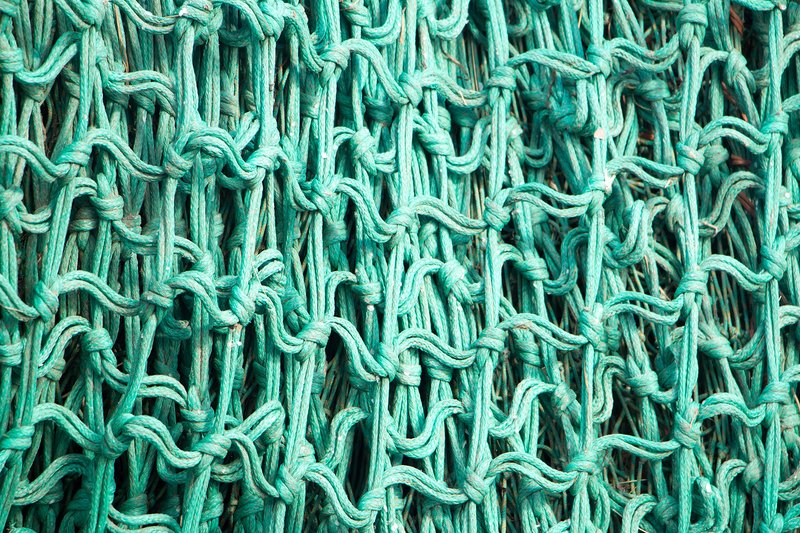
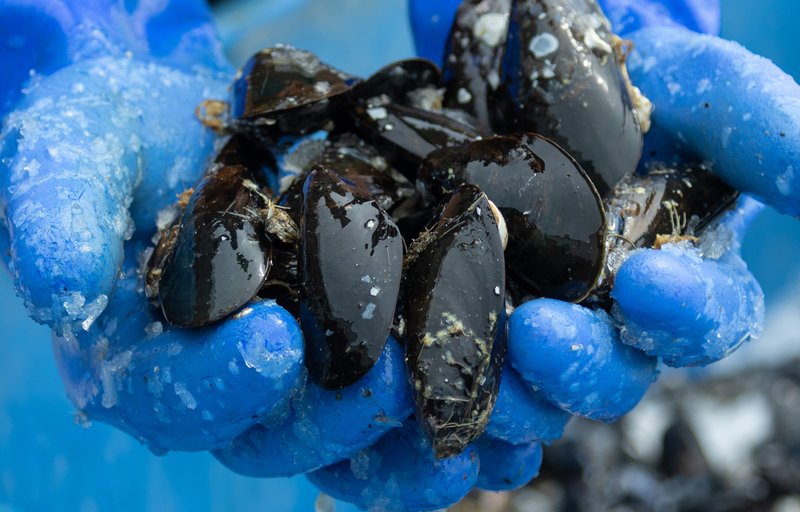
Not every ocean-based business automatically qualifies. The key question is whether an activity supports both ocean health and community wellbeing in the long term.
A clearer definition of the blue economy can help prevent "bluewashing" — labeling something as ocean friendly without real evidence. By sharing our perspective, we aim to help communities, investors, and policymakers make better choices that grow the economy and preserve the ecosystems that sustain it.
Maine’s Blue Economy Task Force Report
Earlier this year, Maine’s Blue Economy Task Force released a report last year that defines our blue economy as “a sustainable and equitable ocean economy that optimizes innovation to expand economic opportunities in our coastal communities. It is grounded in Maine’s unique marine heritage, research expertise, and location.” The report also mentions that “growth must not come at the cost of coastal communities or marine ecosystems.”
Understanding Maine’s Blue Economy
In Maine, a thriving blue economy is rooted in the people whose livelihoods depend on the ocean — particularly fishermen and seafood harvesters — supported by businesses and practices that maintain healthy marine ecosystems.
Today, fishermen remain the backbone of Maine’s blue economy. With responsible practices, their work supports a network of ocean-dependent industries, including:
- Seafood processors, distributors, and retailers
- Local restaurants and tourism businesses
- Shipbuilding yards
- Gear manufacturers
- Transportation services
- Countless other working waterfront services.
Science and monitoring help keep fish stocks healthy for future generations. When fishermen thrive, the entire system around them thrives.
The work of fishermen fuels a global seafood economy, connecting coastal livelihoods to markets around the world. Curt Brown, a local lobsterman and President of Bold Coast Seafood, understands this first hand. "The blue economy is both hyperlocal and global in scale," he said. "As a harvester and a business owner, my role in the blue economy is to deliver high-quality lobster caught right here along the rocky shores of Maine to the highest value markets around the country and around the world."
Fishermen and harvesters remain at the heart of Maine’s working waterfront, but they’re now part of a larger wave of innovation shaping the region’s ocean future. Emerging sectors like blue tech — from marine data and robotics to renewable energy and low-impact vessel design — are building on Maine’s maritime heritage, not replacing it. Some of these innovations directly support traditional industries, while others advance shared goals of ocean health, clean energy, and coastal resilience. Andrew Thompson, CEO and Co-Founder of a Portland-based ocean startup called Bluesonde, is tackling these exact challenges head on:
Bluesonde is building next-gen monitoring tools to enable data-driven decisions for our oceans and inland waters. Our easy-to-deploy buoys provide real-time insights for customers like aquaculture operators, researchers, and resource managers who are currently constrained by limited data options. Our waters face growing threats, but they also present significant opportunities, and we believe that improving access to reliable data is crucial for sustainably scaling our blue economy.
Andrew Thompson CEO and Co-Founder Bluesonde
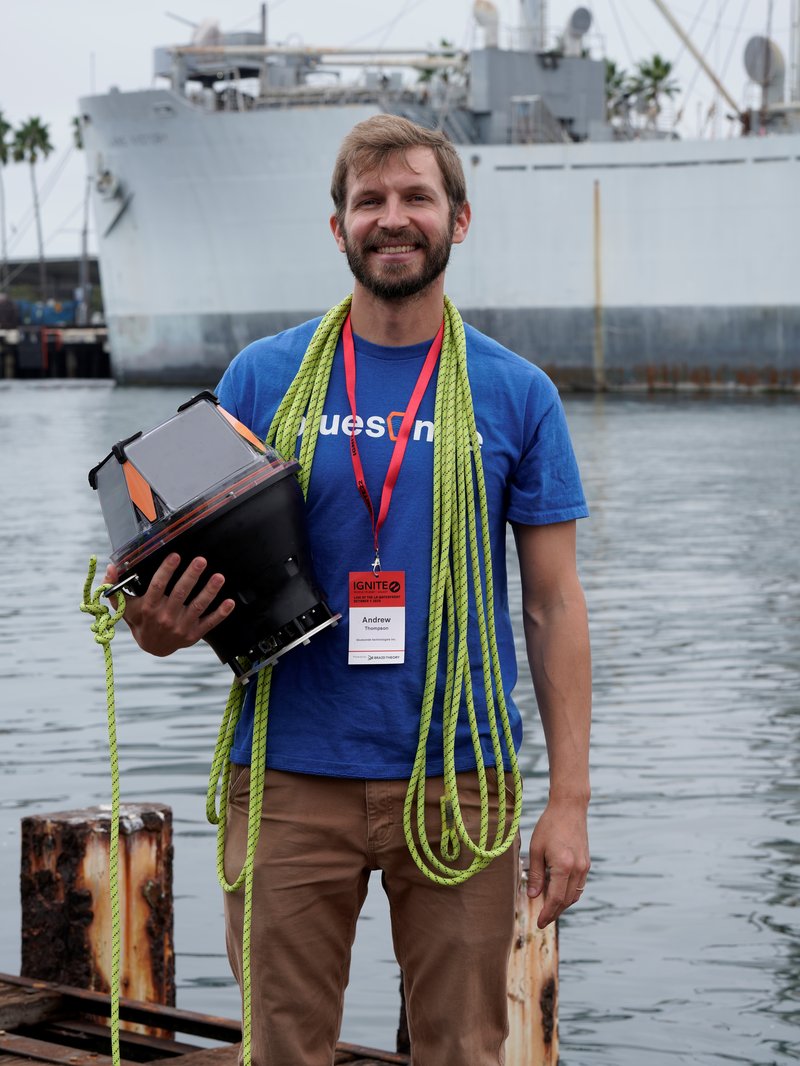
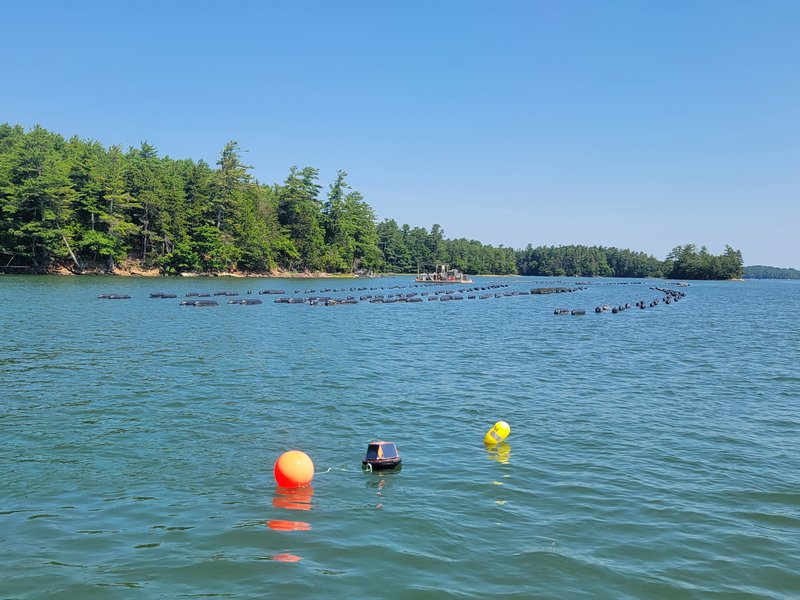
It is also important to recognize that Wabanaki people have lived along the Gulf of Maine for thousands of years, caring for the ocean that in turn sustained them. Their stewardship principles set the earliest foundation for Maine’s blue economy and continue to demonstrate how to use ocean resources sustainably.
Advancing a Sustainable Ocean Economy for Maine
Maine’s blue economy is poised for growth, driven by a burgeoning ecosystem of investors, entrepreneurs, businesses, and research institutes working together to build a sustainable ocean economy. This momentum was on full display at the recent 2025 Blue Economy Investment Summit, where leaders from across sectors came together to share ideas and identify opportunities that align economic growth with ocean stewardship.
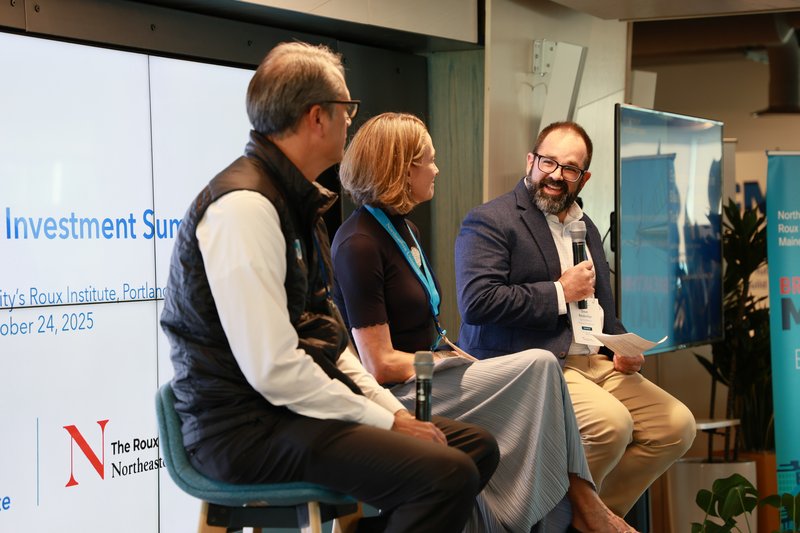


By fostering collaboration among innovators, scientists, and traditional ocean users, Maine is positioning itself to lead — ensuring that new investment strengthens the coastal communities and ecosystems that have long defined our state.
Small businesses have always formed the backbone of Maine’s economy. GMRI Senior Scientist Kanae Tokunaga studies the concept of transformative change and blue economy, which show that value creation in blue economy is most successful when it strengthens communities rather than displacing them. Thoughtful growth can expand opportunities while keeping fishermen, local businesses, and relationships at the center.
How growth happens, and who benefits from it is a crucial consideration. As Kanae, who leads our Coastal and Marine Economics Lab explains, true progress in the blue economy means centering people and ecosystems, not just profits:
We are so used to using gross domestic product (GDP) as a proxy measure for our wellbeing, equating economic growth as the dominant pathway to achieve societal goals. But this idea has long been contested in economic and social sciences. We need to move beyond GDP and align our blue economy practice and governance to sustain ocean health and coastal wellbeing in the long run.
Kanae Tokunaga, Ph.D. Senior Scientist
Climate change adds urgency to this work. Warming waters, shifting species, and rising seas challenge families and industries across the Gulf of Maine — but they also inspire new solutions. Coastal resilience, sustainability, and environmental stewardship are now essential business practices.
The blue economy is reflected in the people, knowledge, and values that have defined this region for centuries. As investment and innovation accelerate, we have both the responsibility and opportunity to ensure its future remains rooted in the communities that have always called a healthy Gulf of Maine home.


